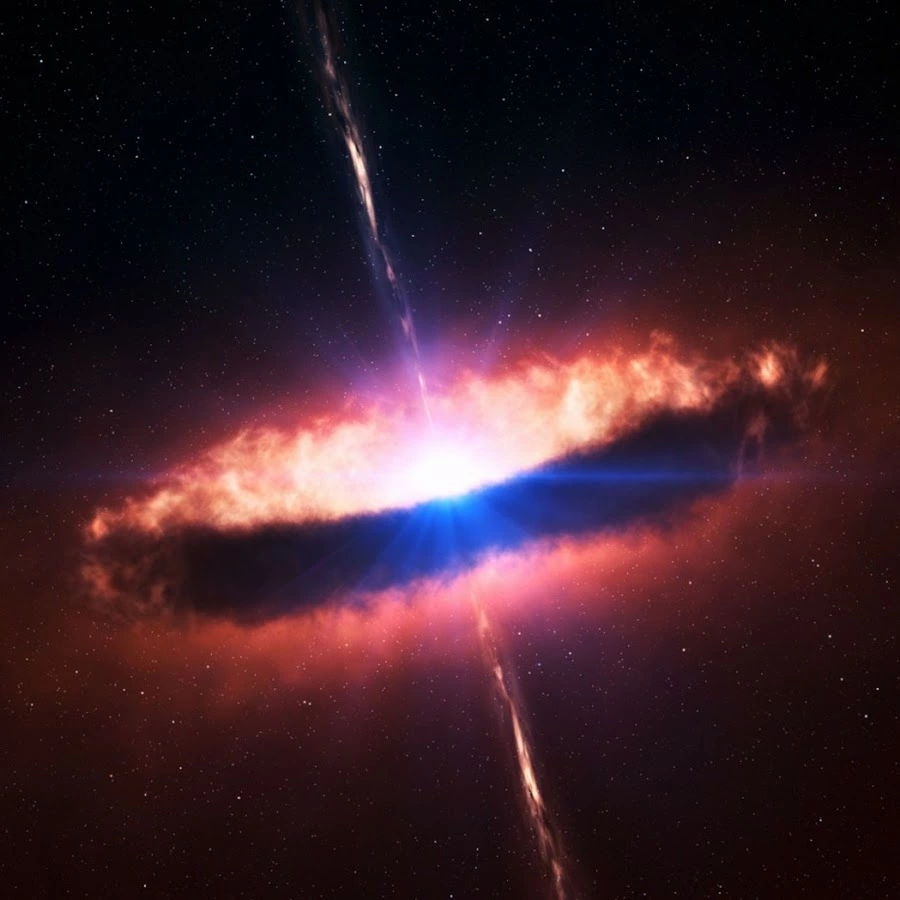I’ve read that at the center of large celestial bodies there’s zero gravity (or close to). While confirmation would be nice, if true, I’m wondering how large that area can actually be and moreover, does it scale up with more mass and/or even size - that is, does the sun have a larger center area of low (zero?) gravity than the earth and so on with evermore mass. Or is that area the same regardless of mass’ size?
Thank you


Not quite. If by “edge” you mean the surface of the earth, then the force of gravity from the closer edge will always exactly offset the gravity from the farther edge. So if the earth were hollow, then you would experience zero gravity at any point in the hollow portion.
Of course, the earth is not hollow. And any mass under you (i.e. closer to the center than you are) will not be offset, and all of it will pull you towards the center. As you move further away from the center, more of the earth’s mass will be closer to the center than you and therefore the force of gravity will increase.
Excellent point, well made!
Nah, there’s only one exact center of gravity for a given body of mass. You can’t just make a vacuum and have gravity equalizer throughout it.
Yes you can, as long as you are inside a perfectly spherical shell.
From: http://hyperphysics.phy-astr.gsu.edu/hbase/Mechanics/sphshell2.html#wtls